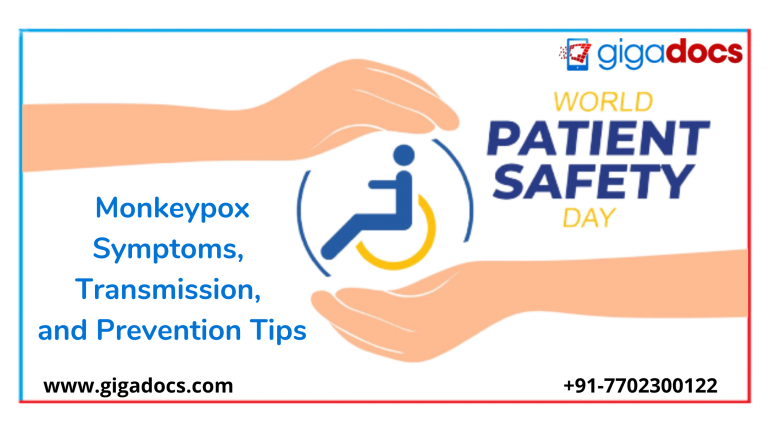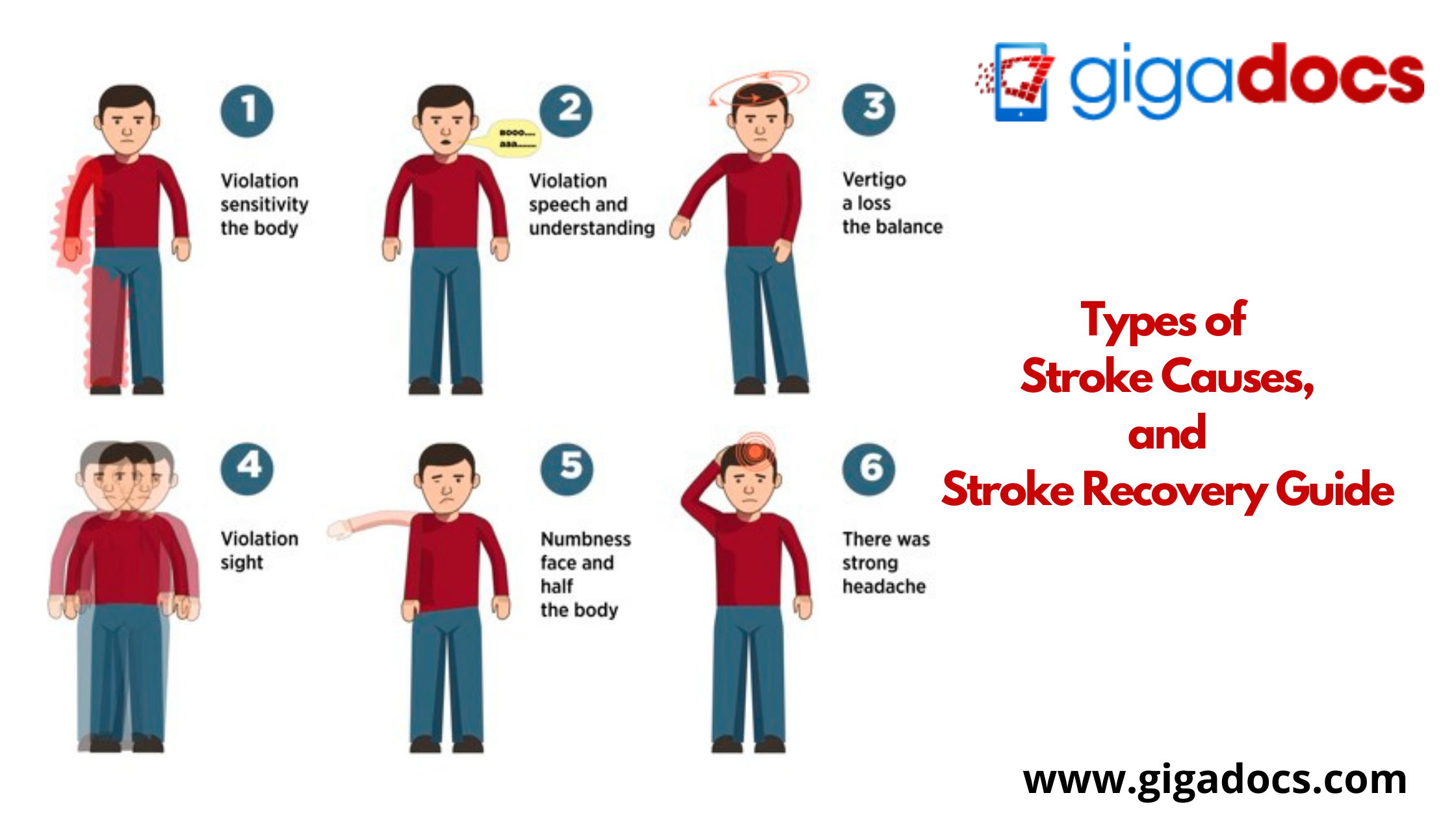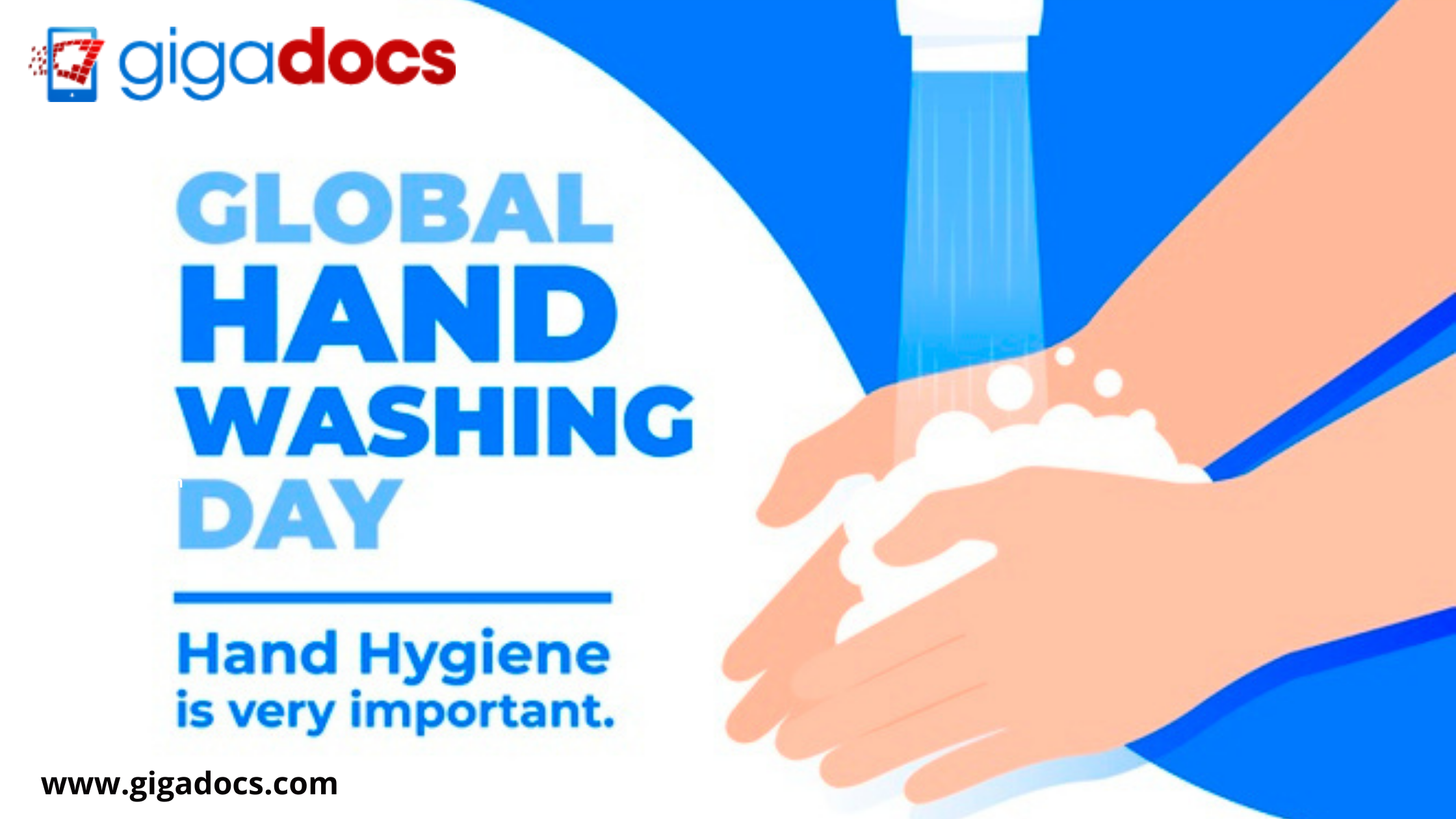After the covid pandemic and its successive strains, though the cases have reduced, Monkeypox is now doing the rounds and infecting a lot of people. Simply put, monkeypox virus is behind the Monkeypox infection, a zoonotic virus that skips from animals to humans. It can also spread from humans to humans and from humans to the environment, and it is regarded as the most critical orthodox virus infection after smallpox eradication.
Now that we know what Monkeypox is, let us learn more about it and how we can concentrate on Patient Safety and the do’s and Don’ts for a patient safety who is admitted for monkeypox. Let’s begin by discussing the symptoms for Monkeypox-
Monkeypox Symptoms
Monkeypox causes a rash on or near the genitals and the hands, feet, chest, face, and mouth. These symptoms include-
- A high temperature
- Chills
- Swollen lymph nodes
- Exhaustion
- Muscle pain and backache
- Headache
- Respiratory troubles
Monkeypox symptoms usually appear three weeks after being exposed to the virus. A rash appears in a quick succession of 1-4 days since the time a person suffers from monkeypox. Monkeypox is contagious until the rash heals; the dead skin falls off and is replaced with new skin. Typically, the illness lasts 2-4 weeks.
Monkeypox Transmission
The monkeypox virus can transmit through close contact with infected people’s or animals’ blood and body fluids. They can even get sick by inhaling the virus. Symptoms can appear anywhere between 5 and 21 days after exposure.
Prevention of Monkeypox
Research shows that the smallpox vaccines are effective against monkeypox infection. The best protection is prevention, like washing hands thoroughly, masking, and avoiding contact with sick people and animals, as with many germs, which can help prevent illness.
Monkeypox Treatment
Infected people must stay at home to restrict transmission. They may be prescribed over-the-counter medications to treat fever, pain, or itching. While doctors can prescribe antiviral medication to people at high risk of becoming severely ill from monkeypox. As with other infections, it is critical to stay hydrated when one is suffering from monkeypox. Let’s look at the signs that your immune system is weak against diseases like monkeypox and how to strengthen it.
Monkeypox and Patient Safety
Patient safety becomes even more critical at this juncture, especially when a monkeypox patient is admitted to a hospital. Let’s read more about Patient safety for monkey virus especially during this Patient Safety Day-
A patient with suspected or confirmed monkeypox infection should be quarantined in a single-person room with a separate bathroom. The door to that room must be kept shut. Additionally, the patient’s movement outside the room should be limited to meet medical purposes. If the patient is taken out of their room, they should wear a well-fitting source control like a medical mask and have a sheet or a gown covering their exposed skin lesions.
A weak immune system can be a main reason of acquiring a host of infections including monkeypox, lets know a bit more about them-
Signs of a Weak Immunity-
Are you frequently tired or regularly sick? It may be a sign of weak immunity. Let’s understand them better-
- You have a frequent Cold.
Frequent sneezing, cold, and cough is a sign of weak immunity. If you suffer from cold three times a year or more, you must look at your immunity levels.
- Stomach Troubles
The stomach includes nearly 70% of your immune system. Your immune system may be compromised if you have frequent diarrhea, gas, or constipation.
Your Wounds Heal Slowly
After a burn, cut, or scrape, your skin goes into damage control mode. Your body works to protect the wound by sending nutrient-rich blood to the injury site to assist in regenerating new skin. Healthy immune cells are required for this healing process. However, if your immune system is weak, your skin will be unable to regenerate. Instead, your wounds are difficult to heal.
You are Prone to Infections.
If you seem to get infections frequently, your immune system may send you warning signs. Your immunity might be down if you have more than four ear infections in a year, get pneumonia twice a year, have chronic sinusitis or more than three episodes of bacterial sinusitis in a year, and require more than two doses of antibiotics per year.
You are Constantly Tired.
If you’re getting enough sleep and still tired, it’s worth considering whether your immune system is trying to tell you something. When your immune system is compromised, so is your energy level, which is because your body is attempting to conserve energy to fuel your immune system so that it can fight germs.
Tips to Boost your Immune System
- Keep a healthy weight.
- Regular exercise is essential.
- Please wash your hands.
- Do not smoke.
- Make an effort to reduce stress.
- Consume a well-balanced diet.
- Get enough rest.
Monkeypox Care with Gigadocs
Monkeypox is usually a self-limiting disease, with symptoms lasting 2 to 4 weeks. Severe cases are more common in children and are associated with the extent of virus exposure, patient health status, and the nature of complications. To know more about Monkeypox, download the Gigadocs App and speak to our experts-
- IOS App – apple.co/2W2iG4V
- Android App – bit.ly/33AQoR




